Find your expert.
Fix your problem.
Breathe easy.
It only takes a few seconds.
Cracked Poured Wall
Signs of Foundation FailureFoundation walls can sometimes be damaged by soil pressure. In some cases, the soil's weight is simply too great to be held back by the foundation wall. In other cases, soil with high clay content expands during wet weather, exerting additional pressure against foundation walls. Whatever the cause, there are several telltale signs of foundation wall damage.
Do your walls need repair?
Cracked and bowing basement walls can develop immediately following construction or years later as changes occur within the soils that surround your home. These cracks aren't just unsightly - they compromise the structural integrity of your home.
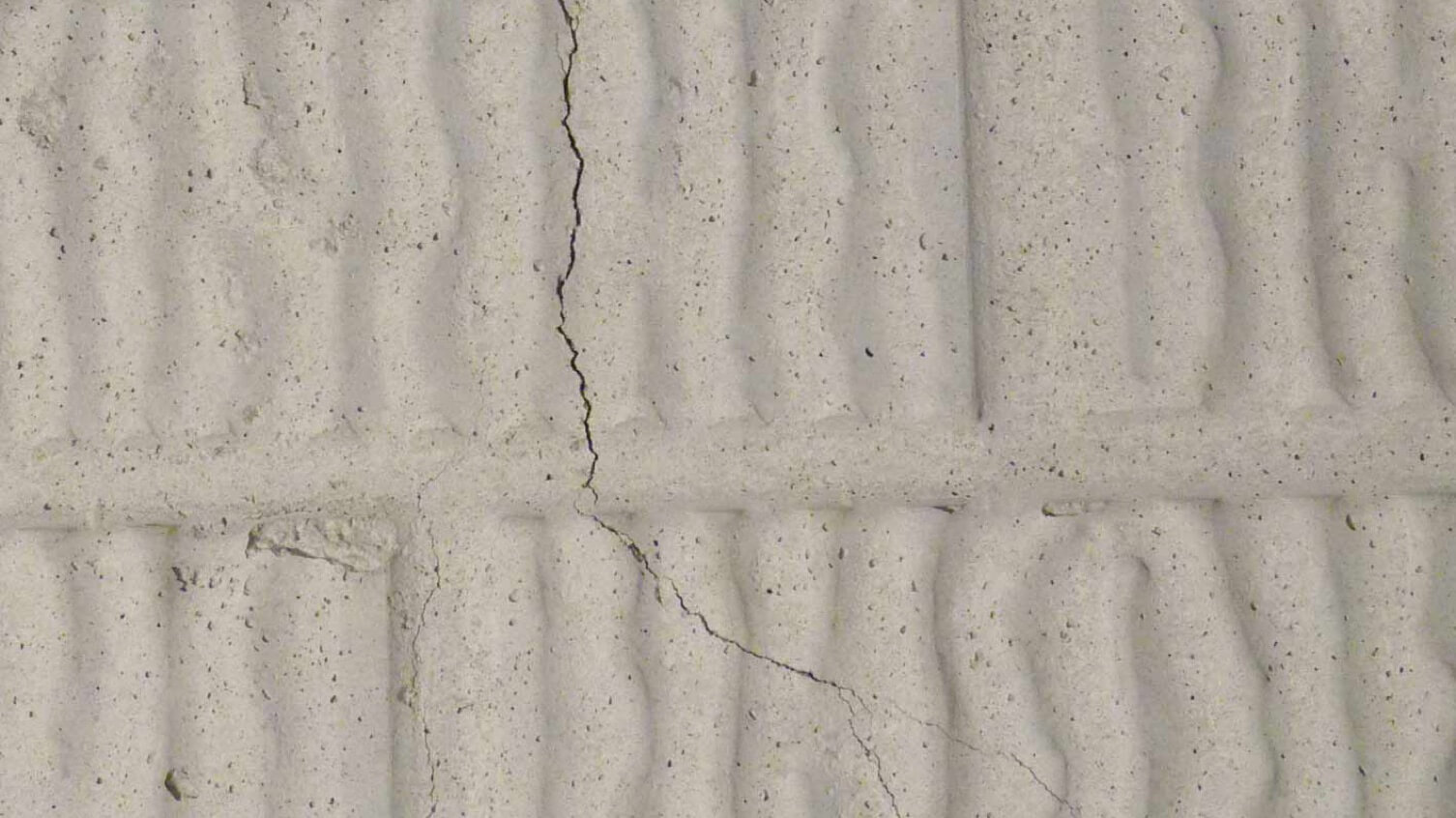
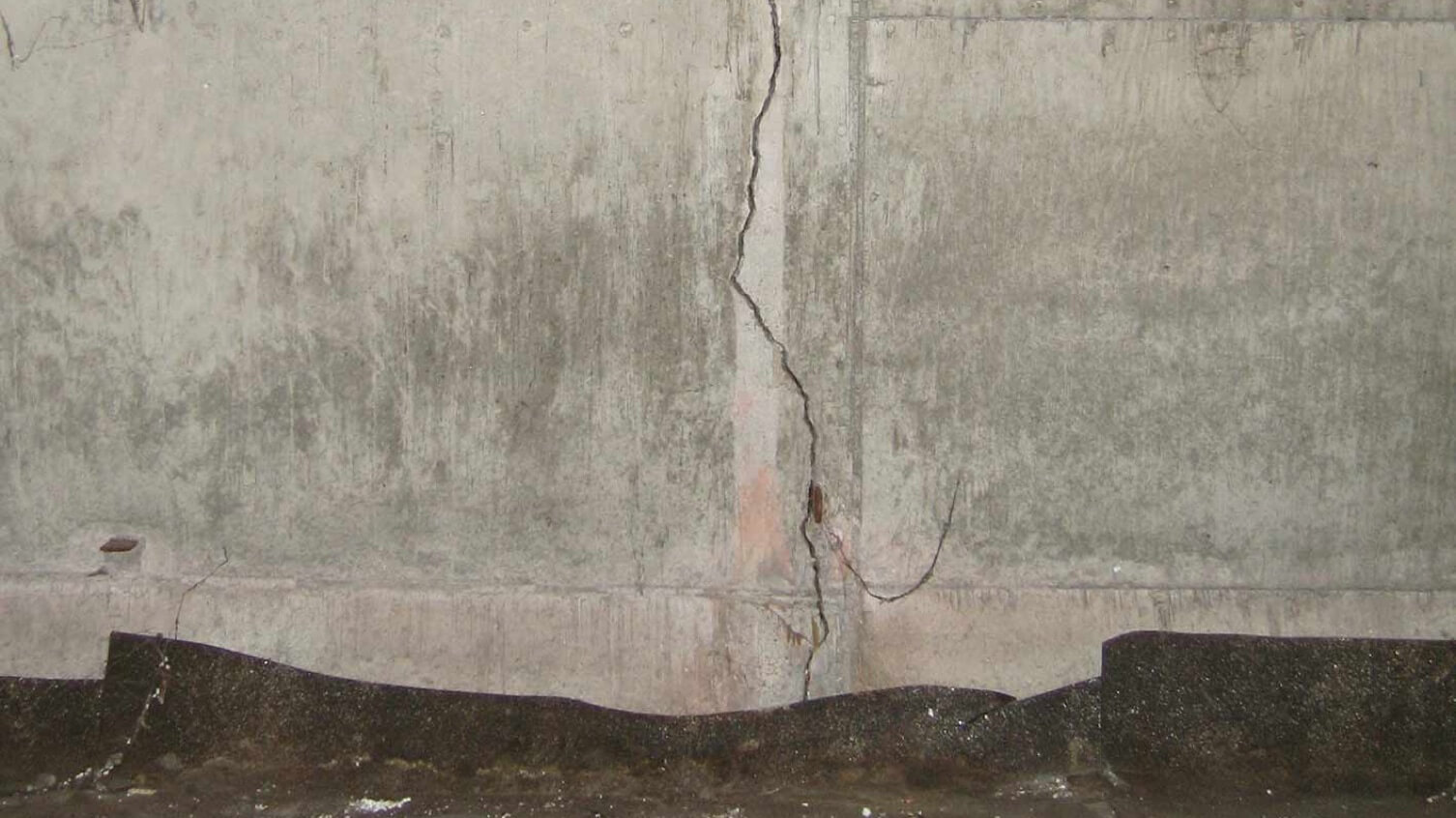
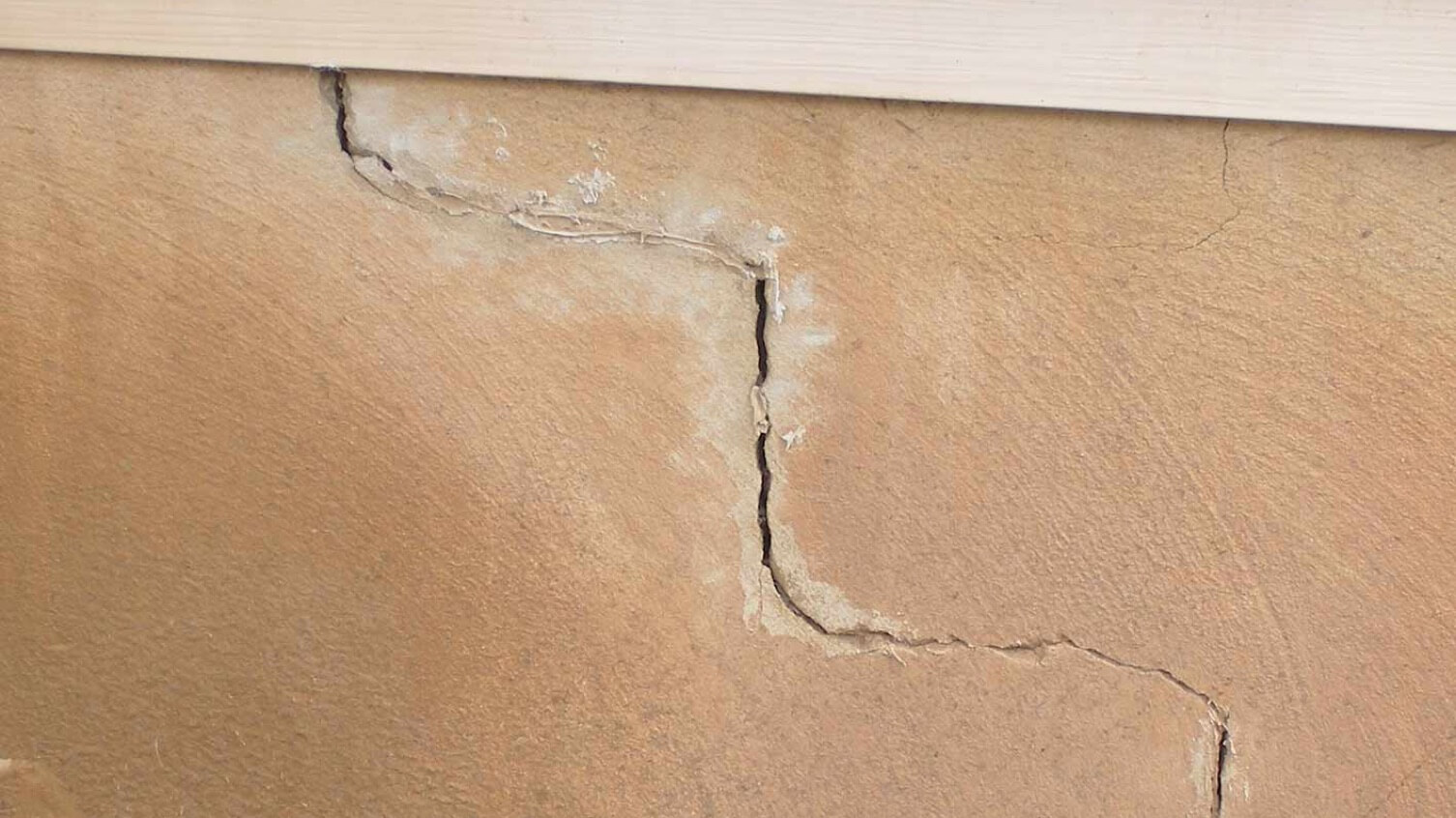
Common Signs
Look for diagonal cracks extending from the bottom corners of the poured concrete foundation wall, up toward the center.
How did this happen?
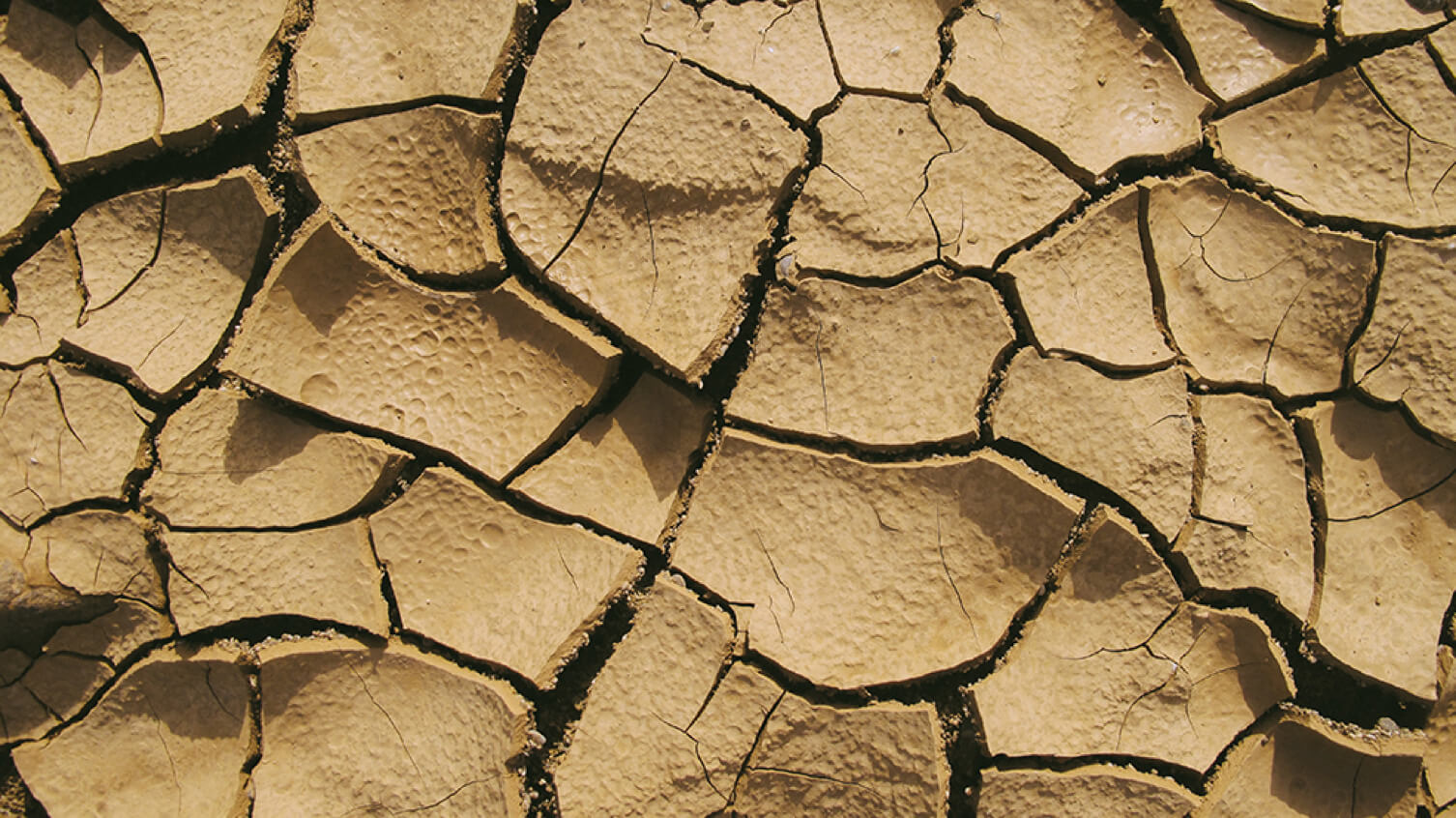
Drying and shrinking soils
During prolonged periods of drought, the soils around and beneath your home may begin to dry. Clay soils shrink when they dry — some types of clay soil more than others. As the soil dries and shrinks, the foundations supported above have no choice but to move along with it. Your foundation settles, often resulting in structural cracking and separations within your home.
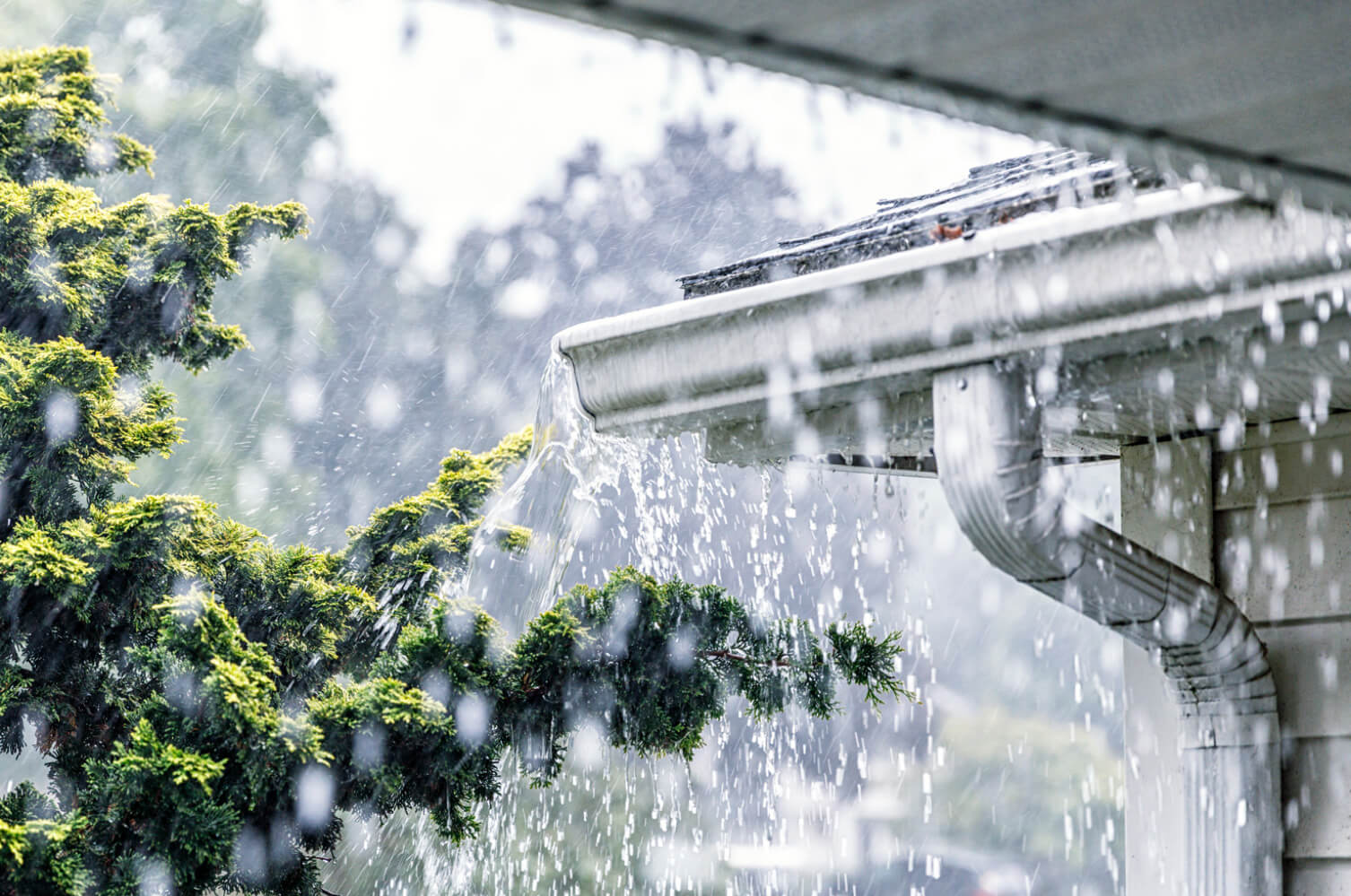
Wetting and softening of soil
Water can pose a danger for your home's foundation in several ways:
Heavy rain and flooding: When clay soils contact water, they retain it and become very soft. Soft soil does not bear loads well, causing heavy objects to sink into it.
Poor drainage: If water is allowed to "pool" next to the home due to poor soil grading, clogged gutters or some other factor, soils absorb the water. If soils around the home are clay, they will soften. This can cause the home to sink.
Plumbing leaks and broken water lines: Plumbing leaks under or near a home can saturate soils around it, potentially weakening their load-bearing capacity. Often, plumbing leaks push soil out from under the home, creating a void into which a home or building can sink.
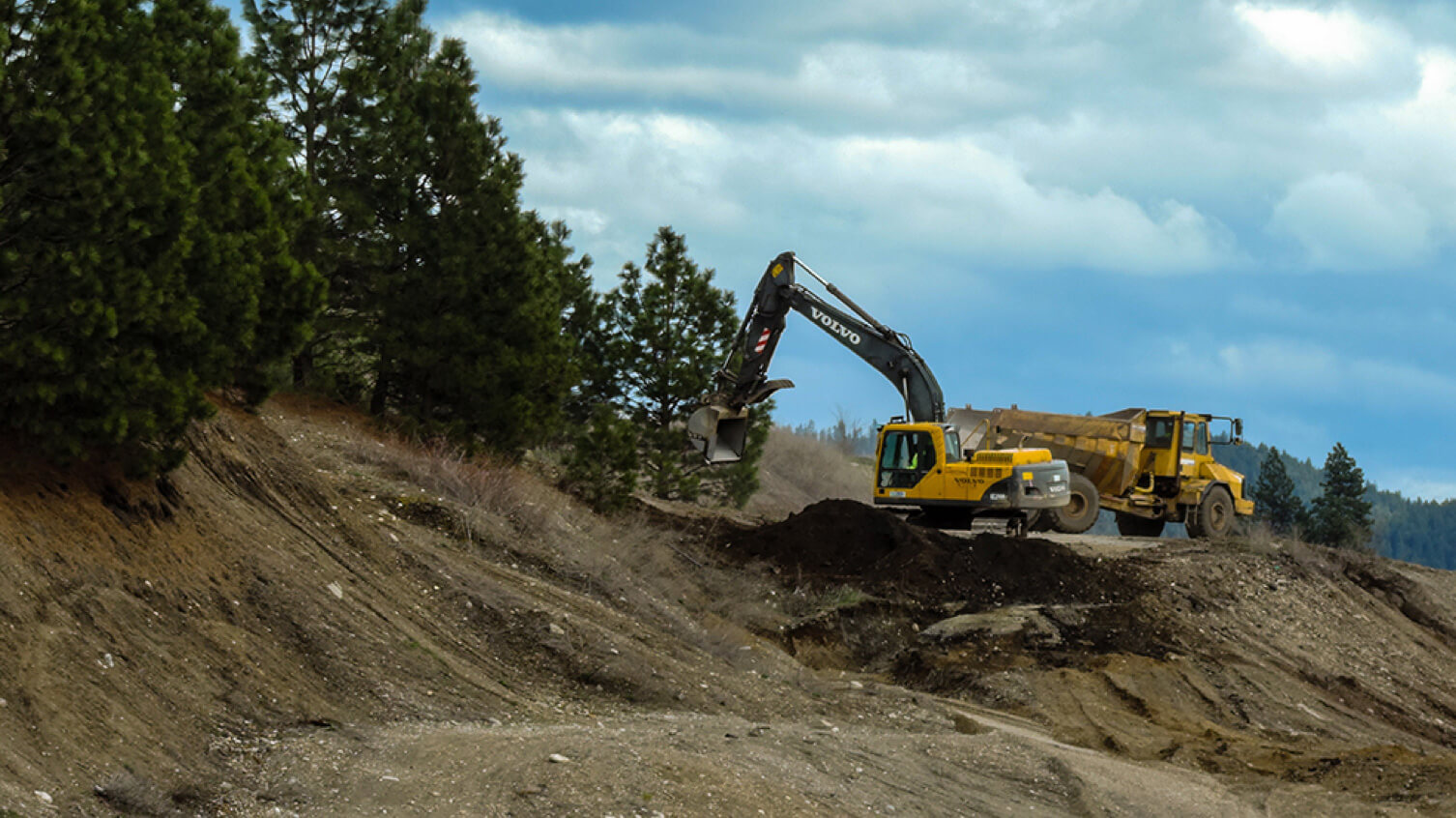
Poorly compacted fill soil
When leveling a lot to prepare it for a home's foundation, builders often use soil from another location to fill low-lying areas. Typically, care is taken to compact the fill soil thoroughly before constructing the foundation. However, if this compaction is not done, or is done poorly, your home's weight may further compress the soil, leading to foundation settlement issues.

Why fix your foundation problems now and not later?
- Foundation problems only get worse over time. Hoping, praying and putting them out of your mind won’t reverse the symptoms and make the situation better.
- Foundation problems will never be less expensive to fix than they are today.
- This is your home’s foundation we’re talking about. It supports your house and everything in it, including your family. Do you really want to let it deteriorate?
The Real Estate Seller Disclosure Act requires foundation repair needs to be disclosed to potential home buyers. Realtors tell us they are forced to discount homes with foundation structural defects 10-20% to make a sale. What is your home worth in today's market? Imagine losing that much money from your home's value by not permanently fixing your foundation!
Don't let problems like these rob you of your peace of mind.
Find a dealer near you to fix them, so you can breathe easy and sleep well tonight.